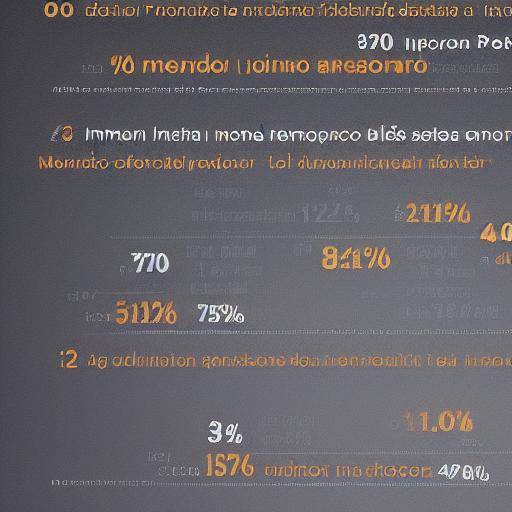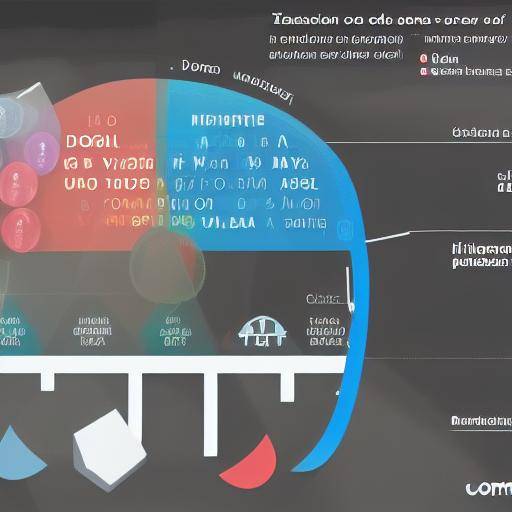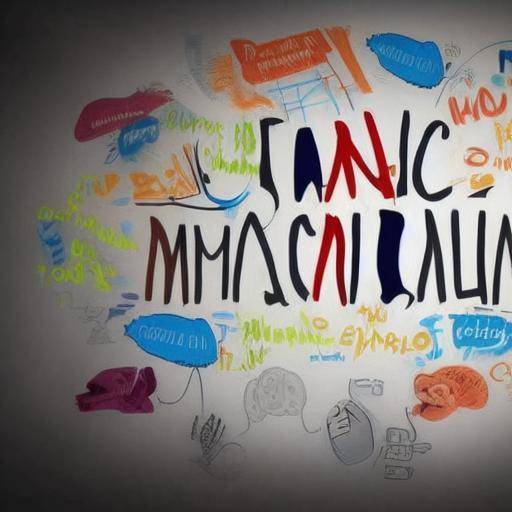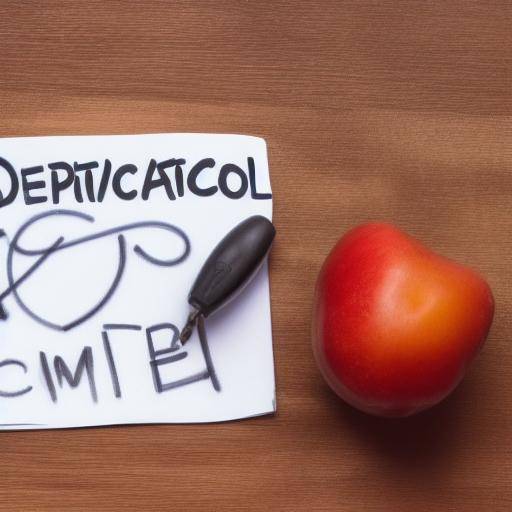
Effective decision-making is fundamental in all aspects of life, whether in the personal or working environment. However, the ability to make successful decisions in changing situations can be a challenge. In this article, we will deepen the impact of flexible planning on decision-making, providing a detailed understanding of how flexibility in planning can positively influence decision-making processes. From a historical perspective to current developments, we will analyze the importance of clarity in decision-making, offering practical advice, industry perspectives and future predictions.
Introduction
Decision-making is a complex process that involves evaluating different options and selecting the most appropriate one at a given time. Flexible planning in this context refers to the ability to adjust strategies and plans as circumstances change, which allows to adapt agilely to the demands and variables of the environment.
History and Background
The concept of decision-making has been fundamental throughout the history of humanity. From ancient civilizations to the modern era, the ability to make informed decisions has been a determining factor in human evolution. In ancient Greece, for example, the ability to make ethical and rational decisions was valued, laying the foundation for the development of moral philosophy and the ethics of decision-making.
Flexible planning, on the other hand, has gained relevance in a business context, particularly with the emergence of agile management and adaptability as essential elements in the era of globalization and rapid technological evolution. As companies face a dynamic and competitive environment, flexible planning has become a crucial element in strategic decision-making.
Analysis in Deep
Benefits of Flexible Planning in Decision-making
Flexible planning allows organizations and people to adapt to unexpected changes, minimizing negative impacts and capitalizing on emerging opportunities. By flexibilizing plans, the ability to react quickly to unforeseen situations is incorporated, which can minimize risks and maximize benefits.
Challenges and Challenges
Despite its advantages, the implementation of flexible planning entails certain challenges. The resistance to change and the need to maintain a balance between flexibility and stability are aspects to be considered. Overoptimization of plans and lack of clarity in objectives can also hinder effective flexible planning.
Current trends
In the digital era, the rapid evolution of technology has allowed new ways of addressing flexible planning. Data analysis tools, artificial intelligence and automation have revolutionized the ability to anticipate and adapt to changes, providing new opportunities for accurate and timely data-based decision-making.
Exhaustive examination
Practices of Flexible Planning
In the business environment, flexible planning has become indispensable in project management, business strategy and innovation. The ability to quickly adjust plans in response to market changes or internal situations allows organizations to maintain their competitiveness and long-term sustainability.
Best Practices and Case Studies
Leading companies in different industries have demonstrated the positive impact of flexible planning on decision-making. From startups to multinational corporations, the ability to adapt has been a determining factor for success in changing environments, allowing companies to proactively respond to market dynamics and anticipate emerging trends.
Comparative analysis
Compared to traditional static planning approaches, flexible planning provides a competitive advantage by allowing greater agility and innovation capacity. The ability to adjust strategies in real time according to the demands of the environment offers greater clarity in decision-making, as it is based on updated and relevant information.
Practical Tips and Accessible Recommendations
- Keep an Open Mentality: Being willing to adapt plans and strategies based on changing circumstances can improve effectiveness in decision-making.
- Using Advanced Analysis Tools: The adoption of data analysis tools and planning software allows a more accurate evaluation of the environment, providing valuable insights for informed decision-making.
- Promoting Communication and CollaborationFlexible planning benefits from clear and collaborative communication among team members, which promotes goal alignment and joint adaptation capacity.
Perceptions of Industry and Expert Reviews
Interview with Luisa Martínez, Expert in Strategic Management
According to Martínez, "S flexible planning is essential in a dynamic business environment. The ability to adjust strategies quickly in response to market changes allows companies to maintain their relevance and competitiveness."
Future Outlook and Predictions
The future of decision-making and flexible planning focuses on integrating emerging technologies, such as automation and machine learning, to optimize processes and refine predictive analysis.
Case Studies and Practical Applications in Different Contexts
Case Study: Startup Innovadora
A technology startup implemented a flexible planning model, which enabled it to quickly pivot its business model based on market feedback, resulting in significant growth and rapid adoption of its products.
Flexible Planning in Non-Commercial Environments
Non-profit organizations have also adopted flexible planning to adapt to changes in the demand for services, maximizing their social impact by aligning their actions with the changing needs of the communities they serve.
Future Trends and Predictions
Generalized adoption of Flexible Planning
Flexible planning is expected to become a central pillar in decision-making in all areas, from the business environment to personal management, as organizations and individuals recognize the benefits of adaptability in a changing world.
Conclusion
Flexible planning has a significant impact on decision-making, providing the agility needed to adapt to changing environments and make informed decisions. The integration of clarity in this process is fundamental to ensuring that decisions are based on up-to-date and relevant information. Ultimately, flexible planning and clarity offer a powerful combination that drives effective decision-making.
Frequently asked questions (FAQs)
What role does clarity play in decision-making and flexible planning?
Clarity plays a key role in providing the necessary information to evaluate situations and adjust plans accordingly. Lack of clarity may result in wrong or incomplete decisions.
How can flexible planning be applied in personal environments?
Flexible planning in personal environments implies the ability to adapt to changes in objectives, priorities and circumstances. This may involve regular review and adjustment of plans and targets.
What are the common challenges associated with the implementation of flexible planning in companies?
Some common challenges include resistance to change, the need to balance flexibility with stability, and the management of over-optimization of plans.
How can organizations foster the culture of flexible planning?
Organizations can foster flexible planning by promoting agility, collaboration and open communication. In addition, exemplary leadership and support for innovation and experimentation are key factors in fostering a culture of adaptability.
Is there a unique approach to flexible planning that applies to all situations?
No, flexible planning must adapt to the specific needs and characteristics of each situation. Flexibility in planning is based on constantly assessing circumstances and adjusting plans accordingly.
What is the role of technology in facilitating flexible planning?
Technology plays a crucial role in providing tools for the collection, analysis and display of relevant data. This facilitates informed decision-making and agile adaptation to environment changes.
How can we assess the impact of flexible planning on decision-making?
The impact of flexible planning can be assessed by comparing the expected results to those achieved, as well as by metrics that reflect adaptation capacity and effectiveness in decision-making under changing situations.
In short, flexible planning and clarity are key elements that influence effective decision-making. By understanding their impact, practical applications and future trends, organizations and people can improve their ability to adapt to changing environments and make informed decisions on all facets of life.






















































